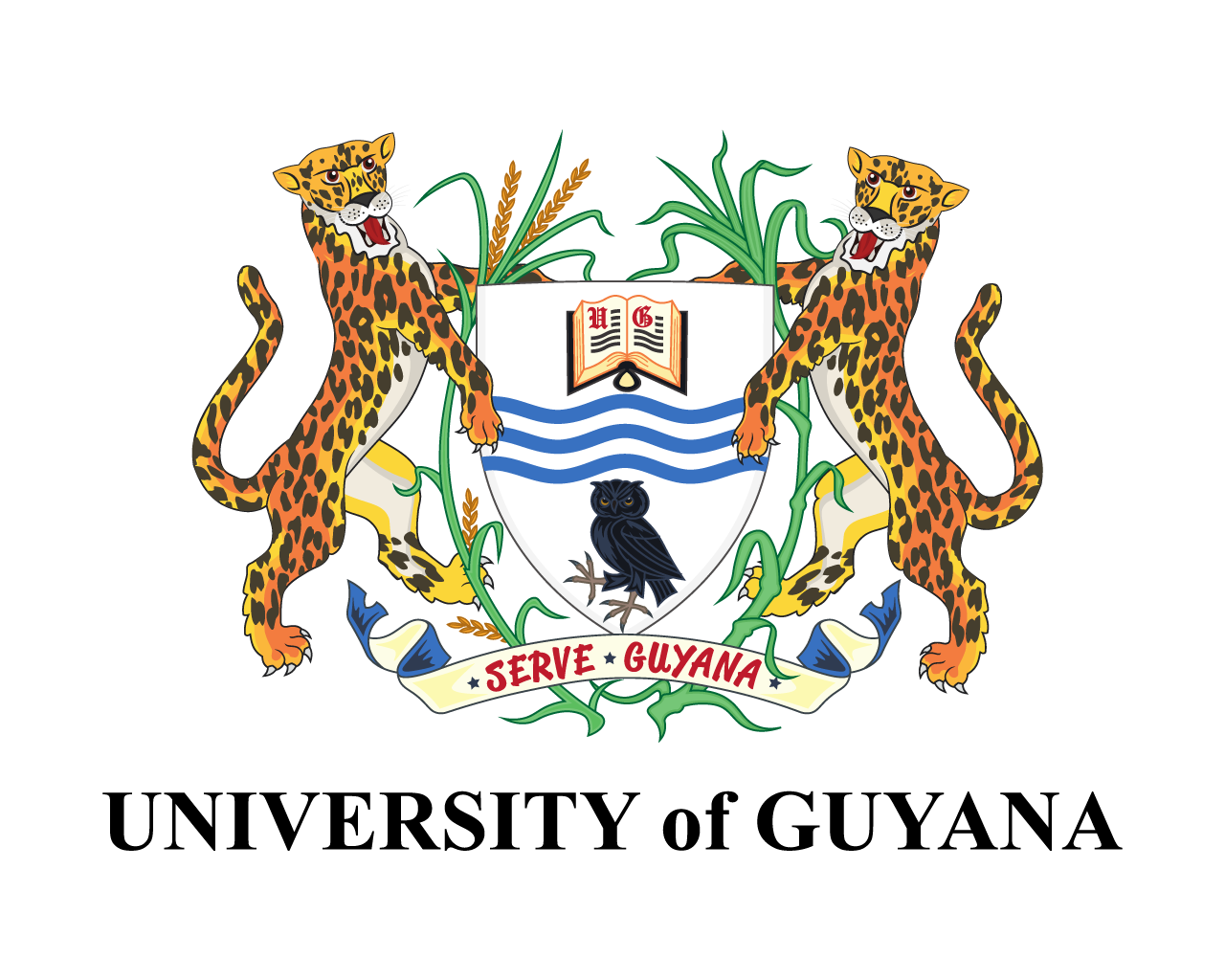
UG, Chinese Embassy sign $4.6M MoU for language lab
Tuesday, June 12, 2018 - 11:36Come the next academic year, students of the University of Guyana will be exposed to an improved language learning environment with the development of a language lab, following the signing of a Memorandum of Understanding (MoU) between the university and the Chinese Embassy.
According to Deputy Vice-Chancellor Dr Barbara Reynolds, the purpose of the lab is to create an immersive experience for students involved in learning languages on the campus.
The MoU that was signed yesterday provides the university with a $4,600,000 grant, which will go toward the purchase of equipment, furniture, computers and headsets. According to a release from the university, these items will help to “create a learning environment more effective than traditional classrooms.”
The building that will accommodate the lab has already been identified, but reportedly requires some repairs.
Reynolds explained that the lab will allow students—regardless of whether they are formally pursuing a language programme or not—access to a space where they can access television programmes, films, music, newspapers, journals, and other relevant resources, in their language of interest, as well as get together with other language speakers and learners to engage and converse.
“…Back when I was in high school, we didn’t actually speak the language. So, we know the language, we can read it, some of us can even understand, but we weren’t taught to speak the language and the world has moved on from there and so for us, immersion in the language is critical,” Reynolds stated yesterday during the signing ceremony.
The Deputy Vice-Chancellor related that the university plans to “reanimate” the language courses that have traditionally been offered, those being French and Spanish; develop their Portuguese and Mandarin programme, and introduce Dutch to the list of courses offered.
Relating a recent interaction involving a representative of Caribbean Examinations Council (CXC), who reportedly indicated that Dutch will soon form part of the curriculum, Reynolds said that once that point arrives, the university wants to be prepared to supply teachers at the secondary level that are fluent in the languages being examined.
Also of note, Reynolds indicated that the officials at the School of Dentistry are considering making Spanish or Portuguese a requirement for the programme, so that professionals will be in the position to effectively care for their clients if they are not native English speakers.
Reynolds had noted that while some programmes on campus require a second language, the newly-introduced School of Entrepreneurship and Business Innovation is the only faculty for which learning a foreign language is currently mandatory.
She opined that learning a foreign language is critical for Guyanese given not only the country’s geographic location and cultural history (being the only English speaking country in South America), but because it is vital for improving and maintaining foreign relations.
“…The University of Guyana is central to our national development. It’s critical. And so this is one piece of a larger puzzle and I hope that we will be able to put to good use very, very quickly, and that my wish of having every graduate of the University of Guyana speak a second language will be a reality in the not so distant future,” Reynolds stated.
Al Creighton, the university’s Director of Language and Culture Studies echoed Reynolds’ sentiments and stated that there is a national need for language training at the higher level.
“There are a number of areas in different sectors of the economy that require knowledge of another language and the university needs to provide that training at levels above CSEC, levels above CAPE, and so on. I think that the business community of Guyana, the private sector of Guyana, needs to come to terms with this growing need and we are hoping that they will be sensitized to do so,” Creighton weighed in.
“The University of Guyana is the cradle of Guyanese talents…so for the embassy, we are very delighted to contribute to the creation of the new language lab, so as to provide more opportunities for the students of Guyana to be more involved in the national affairs, to be more active in participating in the international activities so that…Guyanese students can communicate more with some other students and teachers in some other parts of the world,” Chen Xilai, Deputy Chief of Mission of the Embassy of the People’s Republic of China said yesterday.
Chen, who signed the MoU on behalf of the embassy, stated that their support was a part of the embassy’s commitment to work with the university to improve the Guyana/China relations.
Article adapted from: https://www.stabroeknews.com/2018/news/guyana/06/06/ug-chinese-embassy-sign-4-6m-mou-for-language-lab/
